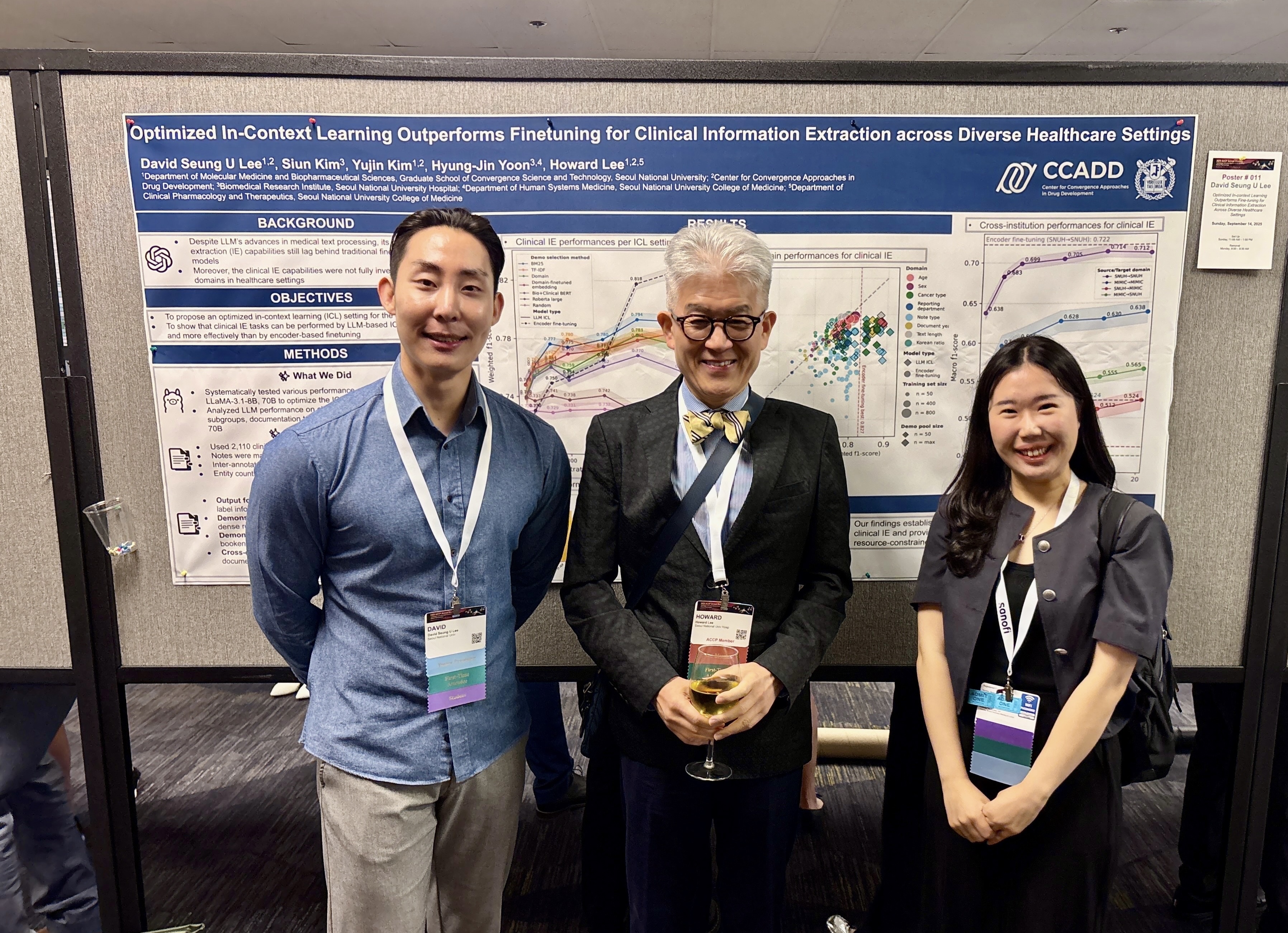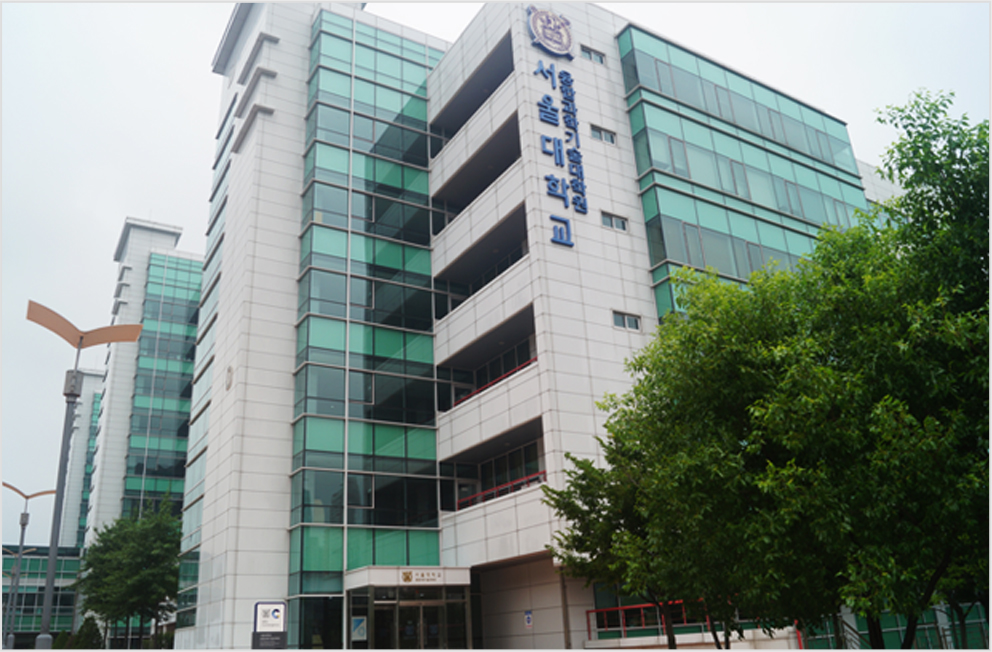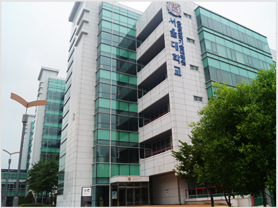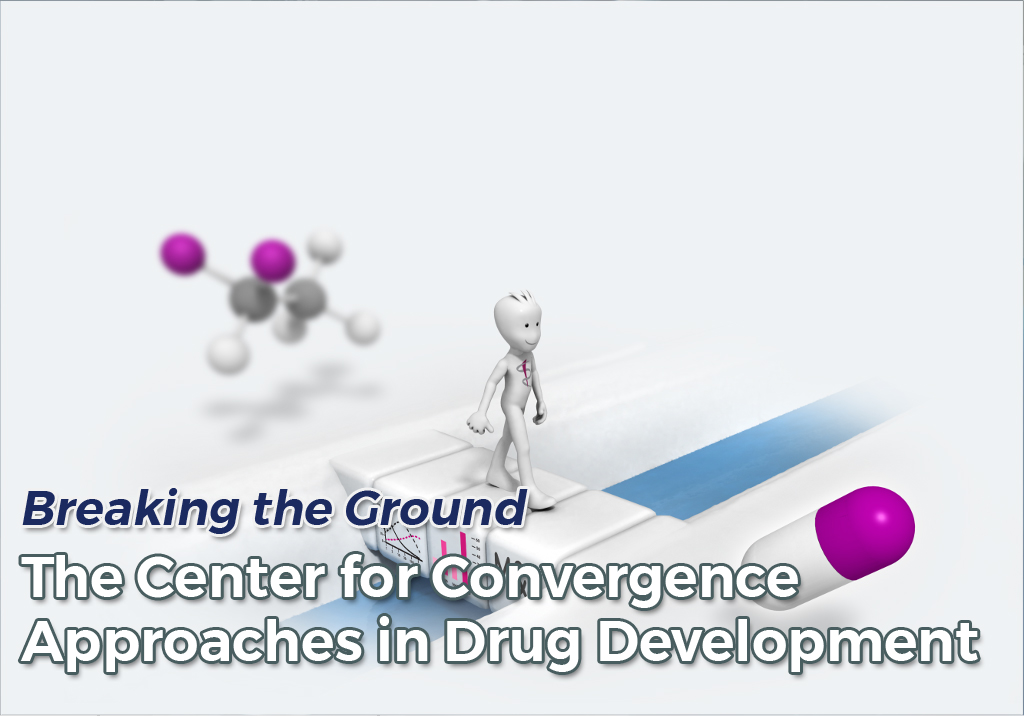


NEWS
Prof. Howard and his team presented their works at 2025 ACCP conference

Prof. Howard and his team (David and Yujin)
presented their works at the 2025
American College of Clinical Pharmacology (ACCP) Annual Meeting, held in
Phoenix, Arizona, from September 14–16, 2025. Under the theme “Leveraging
Innovative Approaches to Transform Clinical Pharmacology,” the conference gathered
experts to exchange insights on the evolving landscape in the field of clinical
pharmacology.
The team delivered three poster
presentations: 1) “Optimized In-Context Learning Outperforms Finetuning for
Clinical Information Extraction across Diverse Healthcare Settings,” 2) “A Set
of Inputs with Coverage Guarantee Enhances the Prediction of Drug
Interactions,” and 3) “Constructing a Domain-Specific English–Korean Parallel
Dictionary for Clinical Pharmacology and Regulatory Science Using a Large
Language Model”. The presentations attracted considerable attention and
prompted engaging exchanges among participants. The team’s research showed that
in-context learning can serve as a data-efficient alternative to finetuning for
clinical information extraction, offering practical guidance for applying large
language models in healthcare settings with limited resources. They also
demonstrated that incorporating input features with coverage guarantees,
validated through conformal prediction, enhances the performance of LLM-based
drug–drug interaction prediction. Lastly, the team showed that a
domain-specific English–Korean parallel dictionary helps overcome language
barriers and strengthens communication in clinical pharmacology and regulatory
science.

As for the sessions in the ACCP conference,
it began with a plenary session on optimizing patient outcomes through
individualized pharmacotherapy. Subsequent symposia explored a wide range of
critical topics, including diversity plans outlined by the U.S. Food and Drug Administration (FDA),
therapeutic strategies for maternal and pediatric populations, innovations in
dosing for preterm infants, therapeutic drug monitoring for biologics, and the
application of artificial intelligence. Each meeting offered a clear picture of
where clinical pharmacology is heading. The focus on individualized
pharmacotherapy and model-informed drug development showed how artificial
intelligence and mechanistic modeling are reshaping trial design and outcome
prediction. At the same time, discussions on therapeutic drug monitoring for
biologics and dosing in preterm infants revealed the field’s growing ability to
tailor therapy for vulnerable populations.
Collectively, the conference underscored the expanding role of clinical pharmacology at the intersection of data science, patient diversity, and regulation. For the team, presenting at ACCP 2025 was not only an opportunity to share their own research but also a chance to situate their work within the broader trends shaping the field. The experience affirmed the value of their research trajectory and highlighted promising new directions for interdisciplinary and globally relevant contributions to clinical pharmacology.

Keywords



CCADD
Center for Convergence Approaches in Drug Development, Graduate School of Convergence Science and Technology, Seoul National University
Room C-208, 145 Gwanggyo-ro, Yeongtong-gu, Suwon-si, Gyeonggi-do, 16229, SOUTH KOREA (Gwanggyo)
Room 406, Building 17, Seoul National University College of Medicine, 103 Daehak-ro, Jongno-gu, Seoul, SOUTH KOREA (Yeon-gun)
Tel: +82-31-888-9189 (Gwanggyo); +82-2-3668-7381 (Yeon-gun)
Fax: +82-31-888-9575
Email: ccadd.snu@gmail.com




















